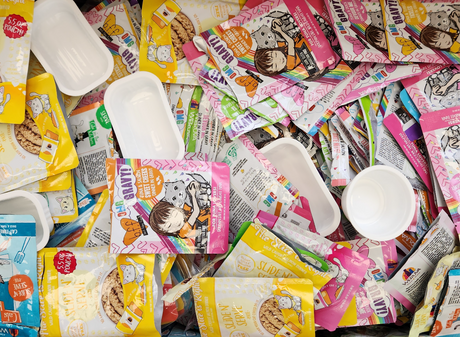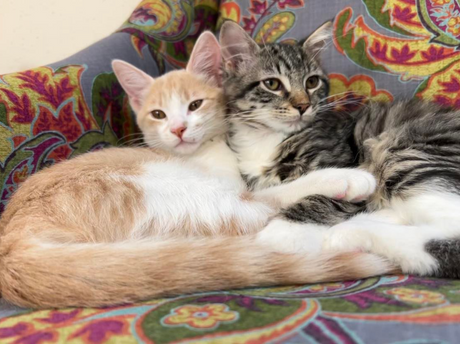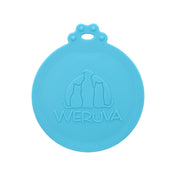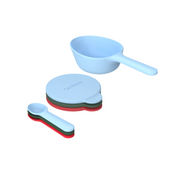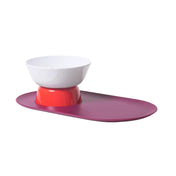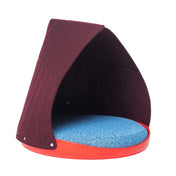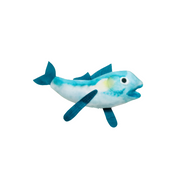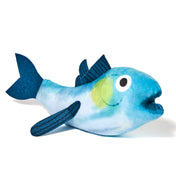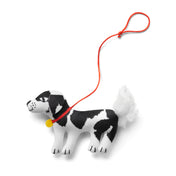Hello everyone! Cupid here - God of Love and Pet Food Enthusiast. This year, between match-making, I'm taking time to answer some common pet food questions.
Today, we will answer the question, "Does kibble clean teeth?" An excellent question! And it's especially fitting because February, when we celebrate Valentine's Day, is also National Pet Dental Month.
The connection between dental health and Valentine's Day should be obvious. If not, consider this: It's much easier to get kisses when your mouth is clean and healthy!
Now, does kibble clean teeth?
Short Answer? No, Not Exactly. Over the last decade, kibble's benefits to dental health have been dramatically overstated. You wouldn't brush your teeth with Croutons, would you?
Medium Answer? Again, Not Exactly. Cats' and dogs' teeth and eating habits make it hard for them to get dental benefits from dry food.
Now, for those of you - like me - who enjoy nerding out about pet nutrition and want a more complete explanation - read on.
The Importance of Proper Chewing
For kibble to clean a dog's or cat's teeth, it must be able to scrape against all sides of the teeth. To decide if this is actually happening, we need to examine a few things:
- Their dental structure (teeth)
- Jaw movement (how they chew)
- Food type (kibble vs meat)
I always tell my clients on Mount Olympus, "Kibble is great for what it is. But, it isn't great at keeping teeth clean or preventing gum disease in pets." Additionally, I will always tell them that feeding your dog or cat high-quality wet foods is much more impactful overall.
Oh! Speaking of Olympian responsibilities... I would be remiss if I did not remind you:
Nothing takes the place of regular dental checkups and cleanings with your vet. So, if you have concerns about your pet's dental health or want to learn more about periodontal disease, always consult a professional.
Let's Talk Teeth & Jaws
Dogs and cats are carnivores with sharp teeth reflecting their predatory nature. Look how many sharp teeth there are! The teeth (and their arrangement) are ideal for cutting into flesh and tearing it into manageable chunks.
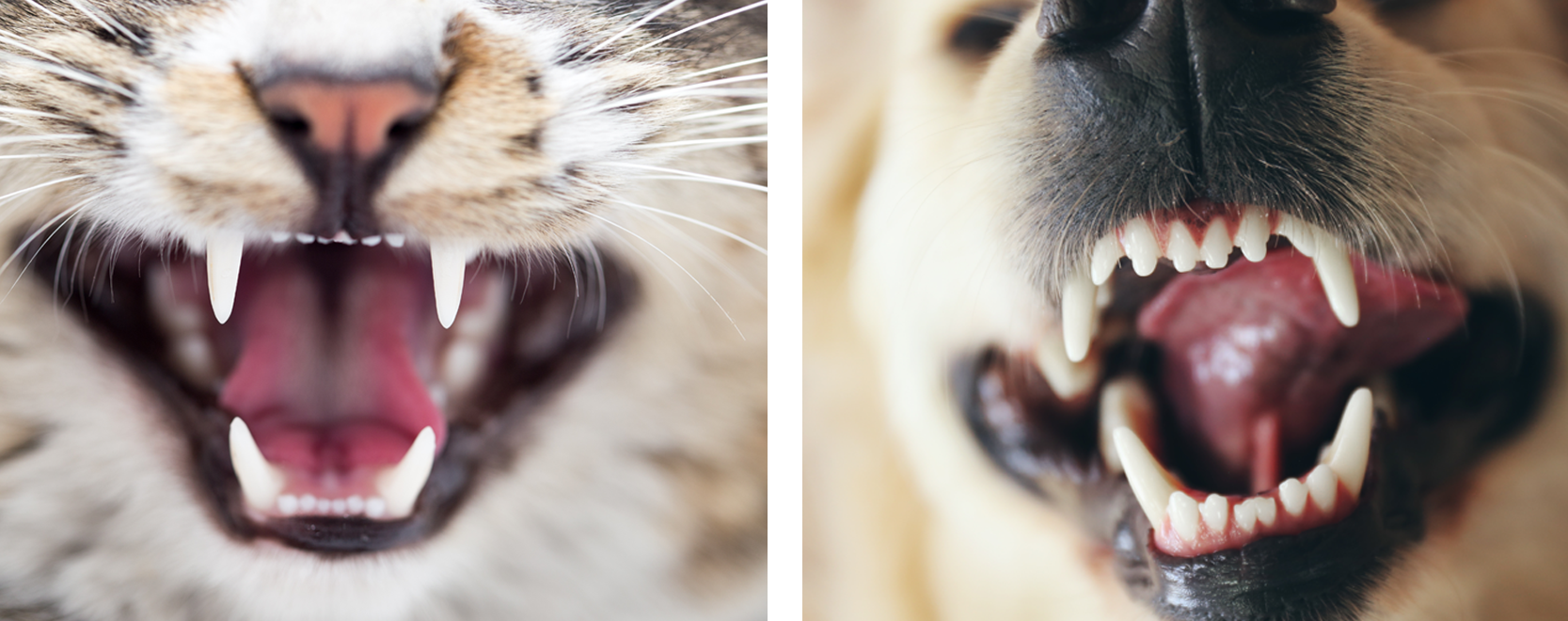
But teeth are only part of the story. How the jaw works - how an animal chews - is just as important. The mouths of dogs and cats operate with a potent vertical movement. This powerful chewing action, in combination with their sharp teeth, enables them to slice their food into tiny fragments before consuming it entirely.
When Your Pet Chews Kibble...
Remember, we are trying to figure out if kibble scraping across all surfaces of the teeth will clean them. Let's examine the process.
A cat or dog opens its mouth, and kibble enters it. What happens? The razor-sharp teeth crash on the kibble, cracking it into smaller pieces. But, without a side-to-side jaw movement (like a cow), nothing is being ground or scraped.
@monkeycatluna crunchy as usual
♬ original sound - Crunchycat
However, even if the jaw could move that way, it wouldn't matter. Their teeth are long and sharp - not flat like an herbivore. There is no grinding in a cat's or dog's mouth to break down dry kibble properly.
The kibble (if it is getting chewed at all) is chipped into smaller pieces and swallowed. Some small kibble chips may even get stuck on the teeth.
You can even experience some of this yourself! Try this experiment: Throw some croutons in your mouth. Chew - but try to chew like your pet, allowing your jaw to move only up and down.
Now, how clean do your teeth feel? Not so great, I am sure.
Plus, kibble has a much higher carb content than people expect. Carbs = sugars, and what happens when you leave sugars on your teeth? Nothing good. Check this video for a deep dive on this topic.
When Your Pet Chews Wet Food...
The story with a wet food diet is slightly different. Wet food - aka, real meat - matches the teeth and jaw motion of carnivores. The mouth takes in the food, chews it, and then swallows it.
Wet foods have a reduced carbohydrate content and elevated levels of hydration. As a result, they don't leave considerable deposits on the teeth. (Think - eating chicken soup vs eating crackers) This means less chance of oral issues from sugar.
So, There You Have It!
While dry kibble may have its benefits as a convenient and balanced cat food or dog food option, eating kibble doesn't clean their teeth. The dental structure and chewing motion of both dogs and cats make it difficult for kibble to scrape against all surfaces of the teeth. Without that, it does not remove plaque and tartar and does not help to maintain a healthy smile.
Regular dental checkups and cleanings with a vet are essential for your pet's dental health. If you're interested in enhancing your pet's dental health, you might want to incorporate some wet foods into their regular meals.
Want to add more wet food to your pet's dry diet? Here are some of my top choices to get you started!


